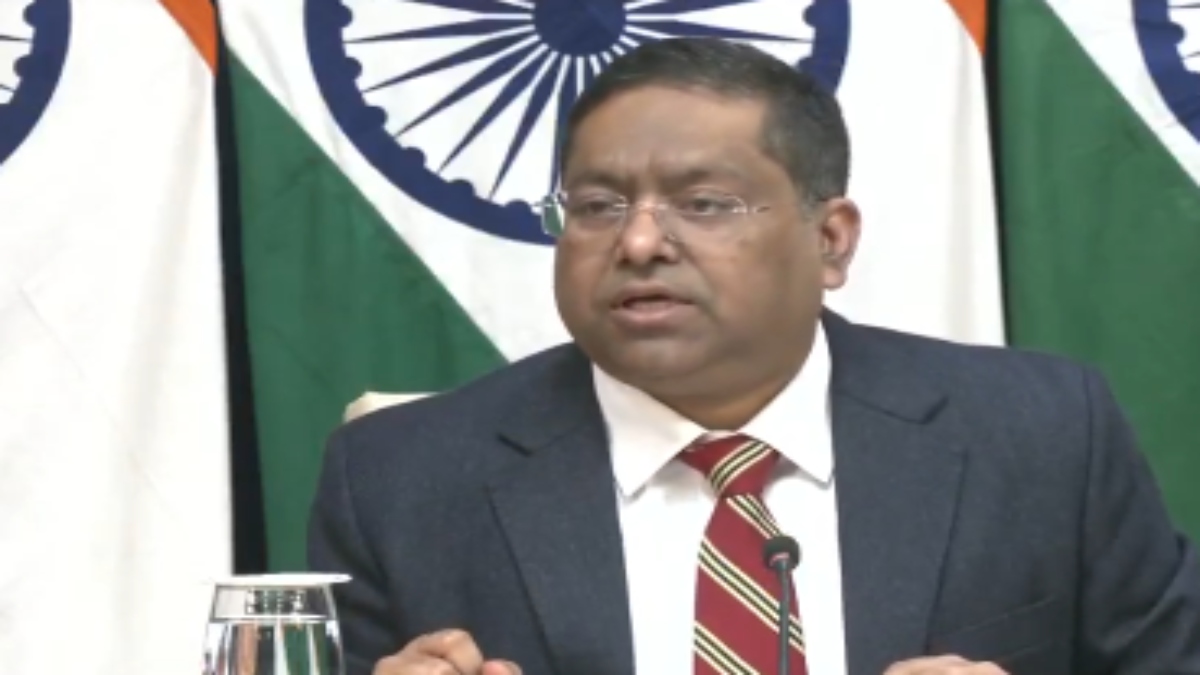)
US President Donald Trump has said that ‘very serious sanctions’ will be imposed on any country doing business with Russia. However, he did not address the fact – as Vladimir Putin said – that US-Russia trade has increased by 20% in his second term.
In the latest move in his chaotic Russia policy, US President Donald Trump has imposed “very severe” sanctions.
Trump said Sunday that Republicans are working on a bill that would impose “very severe” sanctions on countries that do business with Russia.
“As you know, I suggested it, so any country that does business with Russia will be hit with very serious sanctions. They could even add Iran to it,” Trump said.
However, Trump did not address the fact – as Vladimir Putin pointed out – that US-Russia trade has increased by 20 percent in his second term. He has so far imposed no sanctions or tariffs on China, which is the biggest buyer of Russian oil.
Trump has so far imposed only punitive tariffs on India for purchases of Russian oil – 25 per cent on top of the already existing 25 per cent ‘reciprocal tariff’, making India the highest-tariffed country in the world with a minimum tariff of 50 per cent.
In his second term, Trump has taken no meaningful action against Russia — either tariffs or sanctions — over Putin’s refusal to agree to a ceasefire in the war with Ukraine. Instead, he repeatedly backed down on his threats and strengthened the Russian leader’s hand by accepting his terms.
What could Trump’s ‘very serious’ sanctions contain?
Like most of his announcements, Trump did not provide any details with the announcement.
But for several months a bill has been being prepared that would impose tariffs of up to 500 percent on the country’s trade with Russia.
The bipartisan bill, the Sanctioning Russia Act of 2025, provides for 500 percent tariffs on Russia and countries that buy Russian goods such as oil, gas and uranium.
Such secondary sanctions are sure to impact countries like India and China, which are major buyers of Russian oil. European countries that still buy Russian gas are also likely to be affected.
The bill has been co-signed by 50 senators – 25 Democrats and Republicans each. It is sponsored by Republican Senator Lindsey Graham and co-sponsored by Democratic Senator Richard Blumenthal.
In addition to a 500 percent tariff on all Russian goods and services, the bill calls for a 500 percent tariff on “all goods or services imported into the United States” on a country that “knowingly sells, supplies, transfers, or purchases oil, uranium, natural gas, petroleum products, or petrochemical products originating in the Russian Federation.”
end of article

)

)
)